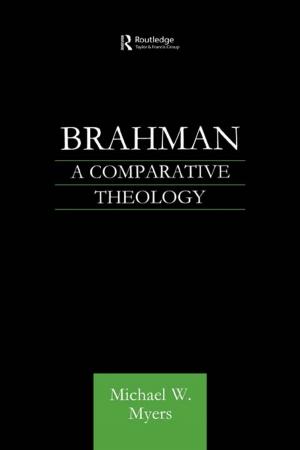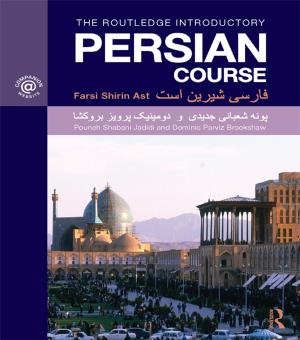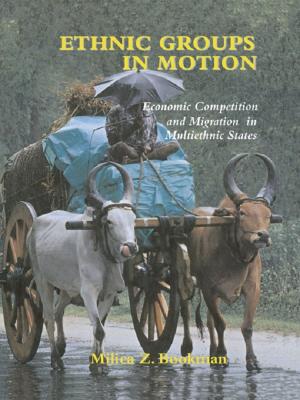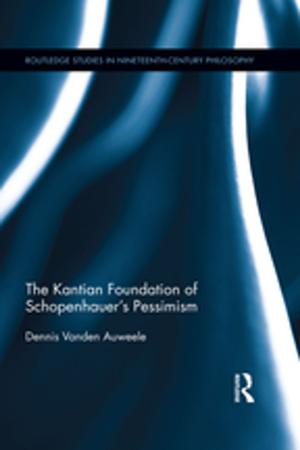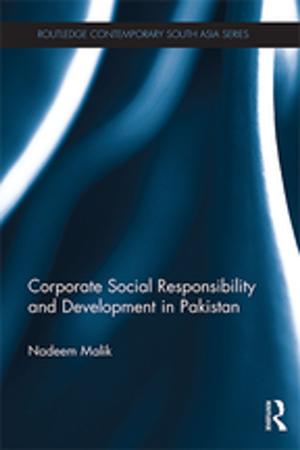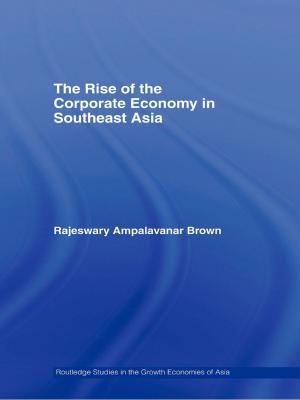Cooperative Peacekeeping in Africa
Exploring Regime Complexity
Nonfiction, Social & Cultural Studies, Political Science, International, International Security, History, Africa| Author: | Malte Brosig | ISBN: | 9781317610335 |
| Publisher: | Taylor and Francis | Publication: | October 5, 2015 |
| Imprint: | Routledge | Language: | English |
| Author: | Malte Brosig |
| ISBN: | 9781317610335 |
| Publisher: | Taylor and Francis |
| Publication: | October 5, 2015 |
| Imprint: | Routledge |
| Language: | English |
This book examines peacekeeping in Africa, exploring how the various actors are forming an African security regime complex.
The changing dynamics of peacekeeping in today’s world have encouraged a more cooperative approach between international and regional actors. At the centre of this book is the analysis of how an African security regime complex could emerge in the area of cooperative peacekeeping. The African regime complex on peacekeeping includes a number of organizations at the regional and sub-regional African level, as well as global institutions such as the UN, interregional partners like the EU and individual lead nations. This book is the first in providing a systematic overview of peacekeeping doctrines, capacities and deployments of these key actors and single lead states. Theoretically, the book links up with regime complexity scholarship but connects it with dependency theory. Here inter-institutional relations are conceptualised as acts of resource exchange. The book explores how primarily international organizations are partnering by exchanging resources. Empirically, the study analyses the phenomenon of regime complexity in three prominent African crises covering Eastern Africa (Somalia), Central African (Central African Republic) and Western Africa (Mali).
This book will be of much interest to students of peacekeeping, international organisations, African politics, security studies and IR in general.
This book examines peacekeeping in Africa, exploring how the various actors are forming an African security regime complex.
The changing dynamics of peacekeeping in today’s world have encouraged a more cooperative approach between international and regional actors. At the centre of this book is the analysis of how an African security regime complex could emerge in the area of cooperative peacekeeping. The African regime complex on peacekeeping includes a number of organizations at the regional and sub-regional African level, as well as global institutions such as the UN, interregional partners like the EU and individual lead nations. This book is the first in providing a systematic overview of peacekeeping doctrines, capacities and deployments of these key actors and single lead states. Theoretically, the book links up with regime complexity scholarship but connects it with dependency theory. Here inter-institutional relations are conceptualised as acts of resource exchange. The book explores how primarily international organizations are partnering by exchanging resources. Empirically, the study analyses the phenomenon of regime complexity in three prominent African crises covering Eastern Africa (Somalia), Central African (Central African Republic) and Western Africa (Mali).
This book will be of much interest to students of peacekeeping, international organisations, African politics, security studies and IR in general.


